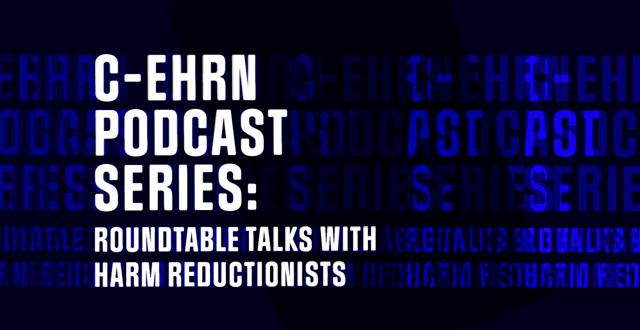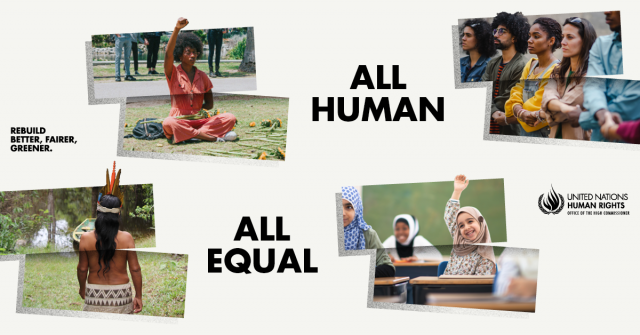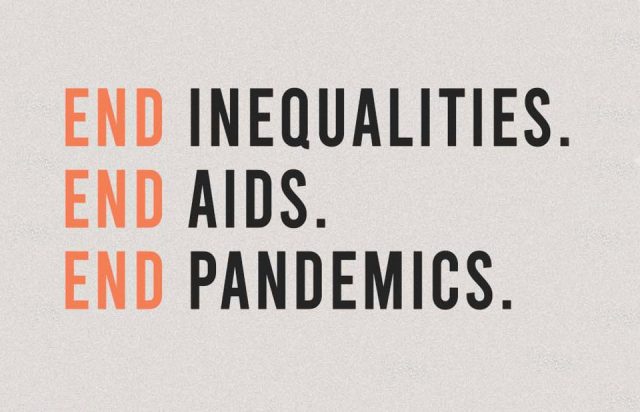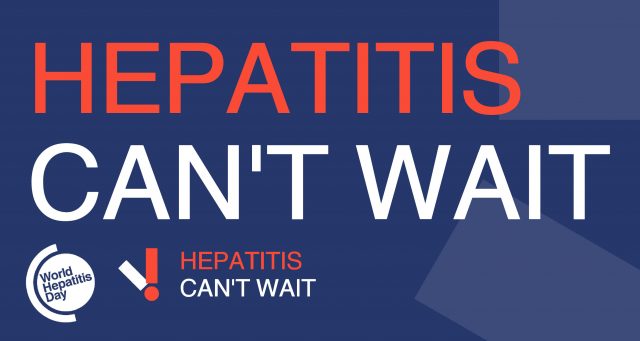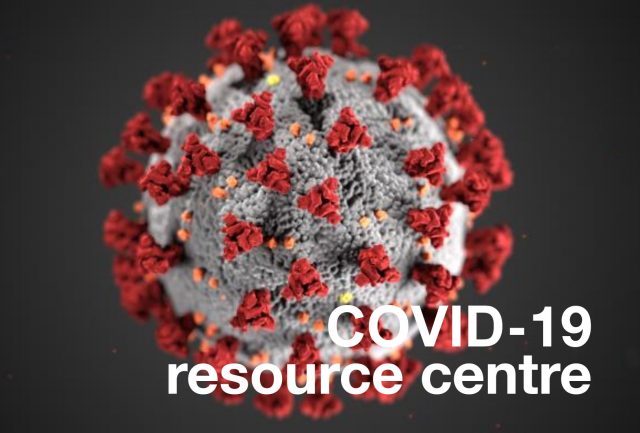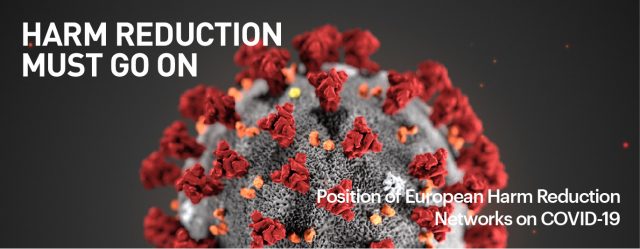
Correlation – European Harm Reduction Network and the Eurasian Harm Reduction Association, together with the Rights Reporter Foundation, published a joint position on the continuity of harm reduction services during the COVID-19 crisis.
Download the English, Russian, German, Portuguese, Spanish, Polish, Hungarian, Czech, Montenegrin PDF version here!
People Who Use Drugs (PWUDs) can be considered as a risk group in the COVID-19 epidemic. They often live at the margins of society with low or no access to housing, employment, financial resources, social and health care, and face systematic discrimination and criminalisation in the majority of countries. Many of them have multiple health problems, which can increase the risk of a (fatal) COVID-19 infection (including long-term diseases such as COPD, HIV, TB, cancer, and other conditions which reduce the immune system). Harm reduction services are often the one and only contact point for PWUDs to access the health service. They provide health and social services as well as other basic support, and function as an essential link to other life-saving services. We call on local and national governments and international organisations introducing safety measures and to:
1. Ensure the continuity and sustainability of harm reduction and other low-threshold services for PWUDs during the COVID-19 epidemic. This includes, in particular, Opiate Substitution Treatment (OST), Heroin Assisted Treatment (HAT), Needle and Syringe Programs (NSP), naloxone provision, and continued access to Drug Consumption Rooms (DCRs). In addition, essential basic services need to be provided, including day and night shelter, showers, clothing, food, and other services. This is of particular importance to those who experience homelessness and/or live on the streets.
2. Provide adequate funding for harm reduction and other low-threshold service providers, and supply them with adequate equipment to protect staff and clients from infections (soap, hand sanitiser, disposable face-masks, tissues etc.).
3. Acknowledge the important and critical role of harm reduction and other low-threshold services in the COVID-19 pandemic and address the specific vulnerable situation of PWUDs and other related groups.
4. Develop specific guidelines and regulations for harm reduction services, with respect to the vulnerable situation of PWUDs and related target groups. These guidelines should be developed in close cooperation with involved staff and the affected communities, and build on international WHO guidelines, recommendations, and evidence and/or national COVID-19 regulations.
More specifically we call for the following:
5. OST and HAT should be maintained and take-home regulations should be established or extended for patients to have the opportunity to come for treatment rarely then ones a week. Access through pharmacies should be ensured.
6. NSP should provide PWUDs with larger amounts of needles, syringes, and other paraphernalia to minimise the number of contacts. Special bins for needles and syringes should be provided to collect used material at home.
7. Harm reduction services should provide COVID-19 prevention material and information for staff, volunteers, and service users, including soap, alcohol-based hand sanitisers that contain at least 60% alcohol, tissues, trash baskets, and disposable face-masks (if this is requested by national regulations), for people who show symptoms like fever, coughing, and sneezing.
8. Drop-in services, day shelters, and DCRs should advise and support PWUDs in preventing COVID-19 infections. Visitors should be made to sanitise their hands when entering and should stay no longer than is absolutely necessary. Kitchens can prepare take-away food to be eaten outdoors. All necessary measures should be made to increase social distancing among visitors/staff with all possible means, and rooms should be ventilated. Overcrowding in harm reductions services, shelters, and DCRs should be avoided, by establishing safety measures, e.g. minimising the duration of stay, maximum number of visitors, entering only once per day. People with permanent housing should be encouraged to stay at home and come only to pick up needles and other harm reduction paraphernalia and tools.
9. The health situation of PWUDs should be monitored closely. If someone shows symptoms, such as fever and coughing, face-masks should be provided and a medical check-up should be ensured. Cooperation agreements with public health services, related health units, and hospitals need to be established to ensure direct medical support, follow up care, and treatment.
10. Night shelters need to be made available for people experiencing homelessness, with a separation in place between those who are not infected and those who are infected and need to be quarantined but do not need specific medical care and treatment in hospitals. Night shelters have to comply with the overall safety regulations for COVID-19, and people should not be exposed to additional risks for infection through overcrowding and insufficient health care.
11. Group-related services, such as meetings and consultations, should be cancelled and postponed until further notice or organised as online services. New treatment admissions should be temporarily suspended. Coercive measures (e.g treatment referrals made by court/prosecutor/police, probation officer visits etc.) should be suspended. Mandatory urine sampling should be abolished.
12. Harm reduction services should establish a safe working environment and make sure that staff are well informed and protected against infection. Service providers should identify critical job functions and positions, and plan for alternative coverage by involving other staff members in service delivery.

